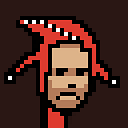

Discover more from Soaring Twenties
I’m gonna forgo any commentary on today’s piece and use this intro space for pure, unadulterated shillery. See,
has a brand new short story collection out called Grind, which you must buy immediately.If the quality of this story below doesn’t convince you to do this, then I simply don’t know what to tell you to be honest. What else do you possibly need to know?
So enjoy this story to start off your weekend and congratulations in advance for making the wise decision to purchase a copy of Grind.
Enjoy,
TJB.
[P.S. I receive no commission for every copy of Grind [That’s G-R-I-N-D, Grind] sold, even though many would argue that I probably should. It’s just an act of pure altruism, you know?]
Though he was thirty-two years old, Evan Hobbs looked to be in his late sixties. The poor schmuck had creases and folds in his face, spots and blemishes on his hands, and the sunken eyes of a beaten spirit to prove it.
Perhaps under different lighting, he’d get away with sixty-three, sixty at best, but the man could not afford such luxurious lighting in this economy.
He was too busy running. Running from it all. The desk, the building, the job that sucked his soul one drop at a time, minute by aching minute, from seven-thirty in the morning until six o’clock in the evening, six days a week before he returned to his office bunker.
His wrists and ankles all bore the markings of the Miller & Woods Company logo. He’d been running for only a few hours since he escaped and slipped past the company guards that morning. Far from the tower, factory fumes, and the sounds of busy city life, he soon noticed the warm spring sun caressing his face.
A quick roll of the sleeves and he chucked his crimson tie away from him. There was no better feeling than the unbuttoning of his collar. It was spring again. The first spring in fifteen years. He removed his shoes and socks to feel the cool grass beneath his feet and breathed in the tender air that was clean and unmolested by the smog and gas.
During his lunch hour the previous day, he managed to sneak in a beaten-up vintage paperback. He traded the lunch tokens he was saving, but he didn’t care. Though the book’s pages were yellowed and the spine was barely holding them together, the words were immaculate and unsullied. Seek Out the Rich Man originally published way back in the twenty-first century had the whole floor of cubicle workers buzzing with interest. Such a tiny booklet, no more than ninety pages, carried lessons and wisdom for living the good life, a life free from the humdrum of busywork, bureaucratic files, spreadsheets, and somber offices. A life where one could take his lunch outside on a spring afternoon and not be bothered about reports and endless meetings. Where one’s work was designed in service to the employee, and not the other way around. Seek Out the Rich Man was a manual for life and Evan Hobbs took the instructions to heart.
The escape left his knees bruised and his hands were still bleeding from the fall. Kicking through the lunchroom window was no easy task, but he was compelled after reading the book. No one was stupid enough to actually escape from Miller & Woods, but by God, he managed.
What was his plan, exactly? Truth be told, he didn’t have one. To be outside, far away from that office inferno was his immediate goal. He faintly heard the sirens of the campus security behind him, but that didn’t matter. He was out, he was free, and with nature.
Hobbs sat on the grass and started to pluck the blades and play with them through his fingers. A gentle wind blew behind him and he looked up.
Big white clouds unbothered and unhurried high above him. He’d never considered himself a country boy growing up. Funny how things change, he thought.
Hobbs fell back on the grass with blades tickling his neck and head. He crossed his feet, put his hands on his stomach, and closed his eyes.
The book had mentioned something called “quiet moments,” or little pauses in between the day. Moments where one focused on slow breathing and staring off into the distance, sometimes staring at nothing at all. Hobbs enjoyed learning about this little trick. Experiencing it was something else entirely.
Hobbs continued to breathe in and out with ease as the sunshine bathed him in its rays. He understood the funny word he found in the book now - “Refreshed.” This is how he felt. Refreshed.
The ground started to shake. Bit by bit at first, then faster. Hobbs jerked up and looked out in front of him. A monstrous 8-wheeler hurried along the path heading towards Hobbs. The quake beneath him fired up his heart. He was washed out by the feeling of oncoming dread.
The company had found him.
A heavily armed man finally removed the black bag covering Hobbs. There were twelve of them. Six on each side of a great beast of machinery that towered in the center of the dark room.
Hobbs felt something flow from his nose. He touched it gently, flinching from the piercing pain. That’s when he noticed the blood on his fingertips. Company guards were known for their brutality.
A bright lamp shined on Hobbs. He heard a whirring noise coming from the great machine at the center of the room. Lights on its body flickered on. Gears began to grind and it expelled a green vapor into the air.
“Greetings, Number 51143.”
It spoke. The machine spoke in a bitter, feminine voice. The room felt chilly then.
“Hobbs. My name is Evan Hobbs.”
The number the machine gave him was not a random set. It was the number of employees that worked for Miller & Woods. To the great machine, Hobbs was only a number on the company spreadsheet so it happily referred to him as such.
“The rules are clear, Number 51143. All employees must remain on the campus. At all times.”
“Fuck off,” said Hobbs. He spat on the floor.
The machine whined and spoke again.
“I am sensing some hostility, Number 51143. If you wish to make a complaint about the approved policy, you may file this form for Management to review.”
A yellow sheet of paper was expelled from a small slit in the machine. Hobbs ignored it.
“Management is quite interested in the wellbeing of all its employees. The company believes in building camaraderie and a strong culture fit.”
The voice dropped lower, almost becoming throaty, “You have caused a grave disruption on the company campus.”
“The hell do I care about your ‘culture fit’ you stupid computer,” Hobbs spat at the machine again.
“You are to return to the campus offices, Number 51143. Return to the office.”
Hobbs wouldn’t budge. He looked almost bored. He’d experienced so many lectures from these HR Supercomputer mouthpieces that protected their corporate masters, he knew they’d just throw him back with the other chattel. He was company property. Management was far removed from day-to-day activity. All low-level employees, like Hobbs, were governed by these bulky supercomputers.
The machine gave a husky growl, “Release Mr. Hobbs from his restraints.”
Hobbs looked up when the machine used his name.
One of the armed guards approached him and pulled out a hunting knife, first severing the rope from the man’s writs and then his ankles.
Hobbs stood to his feet. The guards kept a close eye on him, their fingers petting the triggers of their rifles.
The great machine was silent at first, then hissed a cold, striking hiss as the gears in its bowels cranked and slogged. Hobbs felt a swelling uneasiness crawl up his spine, the sensation pinching each bone in his vertebrae until finally the feeling wrapped around the back of his neck hard.
The machine whispered, “Do you read poetry, Mr. Hobbs?”
The man stood puzzled by the question. “Poetry?”
“Correct,” the machine hissed again, “Do you…enjoy poetry?”
Hobbs looked around at the men with guns. Was this some bullshit test, he wondered.
“I–don’t know. I mean to say—I don’t really have time for it. What is this game you’re playing?”
“Game? No game. Poetry.” The machine focused its light fixtures on Hobbs. The man whipped his head away from the blinding brightness as he began to sweat from its heat. All the blemishes were visible now. He really had aged terribly.
“No,” Hobbs answered, “I don’t read poetry.”
He raised his hand trying to shield his eyes before he continued.
“Maybe I’d like to though. God knows if I had the time, I’d like to do a lot of things. Go hike some trails in the country, try my hand at sailing a boat, maybe fly fishing, or maybe meet a nice girl at some party. Yes, I’d like to try all those things. Yes, I’d read some poetry, too. I remember in high school English Lit we studied Crane and—.”
“Crane,” said the great machine. The lights came off Hobbs and there was a pause. The slogging of gears slowed. There was a vague sound of a jet turbine humming from the base of the machine, slowly at first then picking up momentum. The machine looked focused like it was searching for something within itself. The humming sound increased. To Hobbs, it sounded strangely like a VHS tape winding itself back up. Then it stopped with a fierce click.
“Yes,” the machine sounded almost pleased. It found the information. “Stephen Crane. Novelist. Poet. American.”
Hobbs remained silent.
“Do you…like Stephen Crane?”
Hobbs wiped the remaining sweat on his face with his sleeve with fury.
“Look, I’m not interested in discussing poets and literature with you! You think just because your masters plugged a library of cassettes in your mainframe along with some dumb HR-approved training lingo, suddenly it makes you personable?”
The Supercomputers were given certain technical updates to ease hostile employees with social banter and vague small talk. Management believed that such frivolity would be enough to distract dangerous talks of increased wages, paid leave, and other aggressive requests.
“I don’t give a damn what new software update you went through! I’m done talking to a cold computer algo. I want my life back, you understand? I don’t give a goddamn about returning to some prison cube for shit pay and long hours.”
The lights on the machine began to dim as if they were narrowing eyes. As if it were reacting to Hobbs’ speech. As if it looked…displeased.
“You and this company can go to hell, you hear me? To hell with this life! I’m more than some drone in a cubicle or cog in a machine. Understand? I am more than this job! My life means more! I am not a drone! I am—”
Hobbs didn’t finish his sentence. He stopped. Carefully coming to the realization of what he was seeing before him. He became occupied with red dot sights now fixed on his face from the armed men. Hobbs began to sweat again.
“Aggression detected!” said the great machine.
Hobbs became frantic. “Wait a minute—”
“There is a poem you may enjoy, Mr. Hobbs”
Hobbs didn’t shift an inch. The armed men moved slowly towards him. The machine continued, “It is a Crane poem. You will enjoy it.”
“No,” said Hobbs, backing up slowly, “I’m not going back. No!”
“Threat detected.”
Hobbs turned and ran for the door. There was a sharp popping sound in the air. He collapsed.
“You will enjoy it,” said the machine.
The man who fired the shot inched his way to Hobbs’ body, he watched him gasping for breath as the blood seeped from his mouth.
The machine began reciting the poem as the light returned its focus on Hobbs. He lay on the floor as the blood began to pool beneath him. The machine carried on:
“A man said to the universe: ‘Sir, I exist!’ ‘However,’ replied the universe, “The fact has not created in me a sense of obligation.”
Hobbs was still and silent. His last thoughts centered on the Rich Man’s manifesto.
The lights of the great machine dimmed. All that could be heard was a cold, sharp hiss.
End


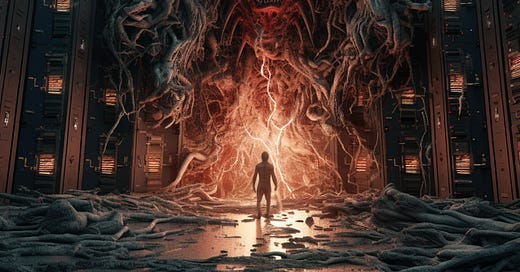


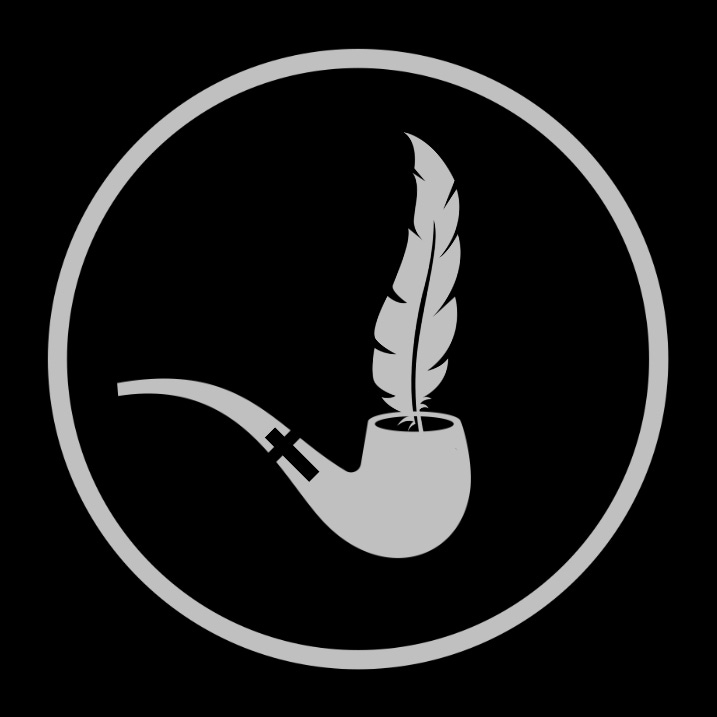






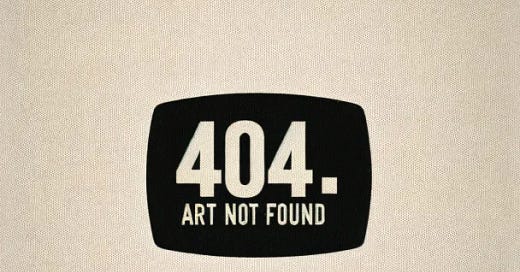



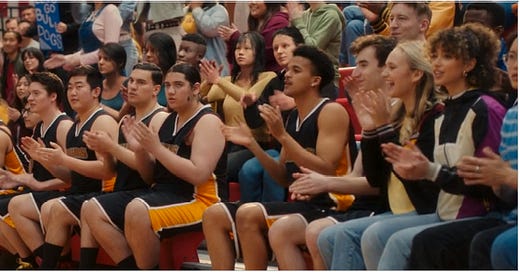

'well , what does one say ?' I really don not wanna fall out with anyone so I will go make myself a cup of tea ,
a scene from the GOP House of Representatives Caucus Room last week? And tomorrow?